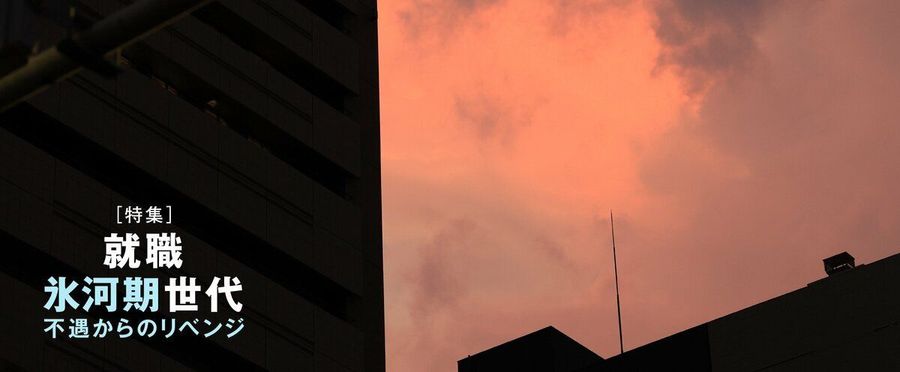Single adults from Japan's "Ice Age" generation are grappling with the overwhelming responsibility of parental care as their parents age. The "Ice Age" phase refers to the drastic economic downturn in the 1990s and early 2000s that affected employment opportunities and influenced many to delay or forgo marriage. Now, these individuals are facing the dual challenge of managing their own lives while providing care for their aging parents, triggering a societal concern about the support systems in place for elderly care.
In Japan, society heavily values filial piety, and traditionally, offspring are expected to provide elder care. However, with dwindling marriage rates among the affected generation, many are facing these responsibilities alone. This societal issue has sparked debates about the necessity of more public support for elderly care and the government's role in it.
Unlike Japan, both the US and EU have more established public support services for elderly care. Often, the responsibility doesn't fall as heavily on unmarried children. However, the aging population is an ongoing concern across these regions, and all face challenges in adequately addressing the needs and welfare of the older generation.

